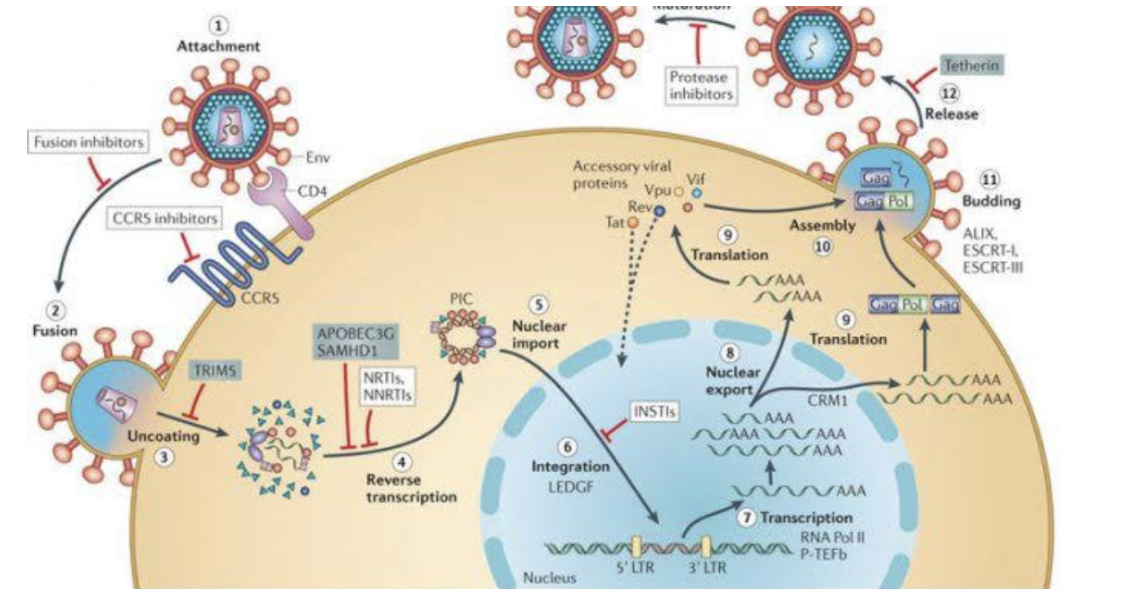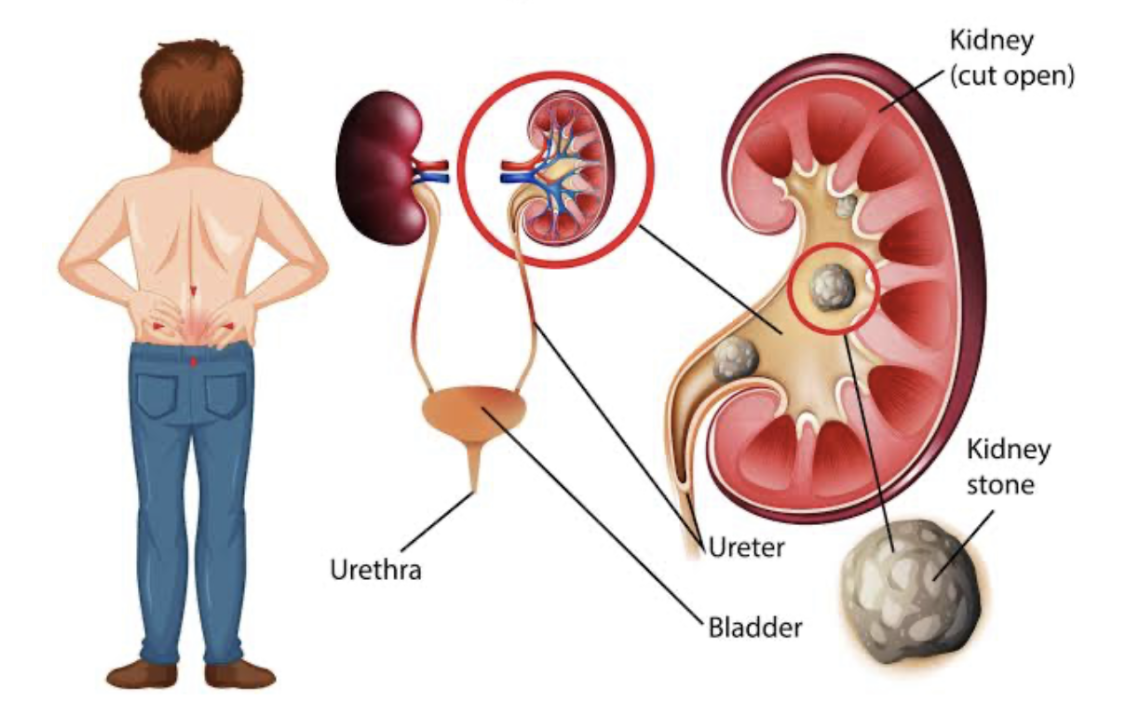PEDIATRIC NURISNG: COMMON CHILDHOOD ILLNESSES AND VACCINATION PROTOCOLS
Introduction Pediatric nursing is a specialized field that focuses on the care of children from infancy through adolescence. This role requires understanding not only the physical and emotional needs of young patients but also how to manage common childhood illnesses and follow vaccination protocols to ensure long-term health. Childhood diseases can vary in severity, but many are preventable through proper immunization. This blog post will cover common childhood illnesses, their management, and essential vaccination protocols to guide healthcare professionals and parents in safeguarding children’s health. Common Childhood Illnesses Respiratory Infections Children are particularly prone to respiratory infections due to their …
IMMUNE AND INFEXTIOUS DISEASES: HIV/AIDS, SEPSIS, AND ISOLATION PROTOCOLS
Introduction: Immune and infectious diseases represent a significant challenge in healthcare, requiring a nuanced understanding of pathophysiology, prevention, and management. HIV/AIDS and sepsis, in particular, are critical areas of focus due to their life-altering implications and high mortality rates. Additionally, adherence to isolation protocols is essential to controlling the spread of infectious agents in healthcare and community settings. This blog will explore these topics, providing accurate, research-backed insights to enhance understanding and improve care delivery. Understanding HIV/AIDS Human Immunodeficiency Virus (HIV) is a retrovirus that attacks the immune system, specifically targeting CD4 cells, weakening the body’s ability to fight infections …
MUSCULOSKELETAL DISORDERS: FRACTURE CARE, OSTEOPOROSIS, AND JOINT REPLACEMENT
Musculoskeletal disorders affect millions of people worldwide and encompass a range of conditions, including fractures, osteoporosis, and joint degeneration. Managing these conditions effectively requires understanding their causes, symptoms, and treatment options. In this blog post, we’ll explore how to provide care for fractures, manage osteoporosis, and prepare for joint replacement surgery. Understanding Fracture Care A fracture, or broken bone, occurs when the bone is subjected to more force than it can handle. Fractures can range from minor cracks to complete breaks, and prompt care is essential to ensure proper healing and prevent complications. Types of Fractures • Simple (closed): The …
RENAL AND URINARY DISORDERS: MANAGING UTIs, KIDNEY STONES, AND DIALYSIS CARE.
Introduction: Renal and urinary disorders are common but can be complex, affecting individuals across all ages and requiring specialized management. Urinary tract infections (UTIs), kidney stones, and dialysis care are three critical areas within this category, each requiring specific care approaches to ensure effective management and improve patient outcomes. This post will cover practical, evidence-based nursing care strategies for UTIs, kidney stones, and dialysis patients, focusing on promoting comfort, ensuring patient safety, and educating for long-term health. 1. Managing Urinary Tract Infections (UTIs) UTIs are among the most prevalent bacterial infections, particularly affecting women, older adults, and individuals with compromised immunity. …







